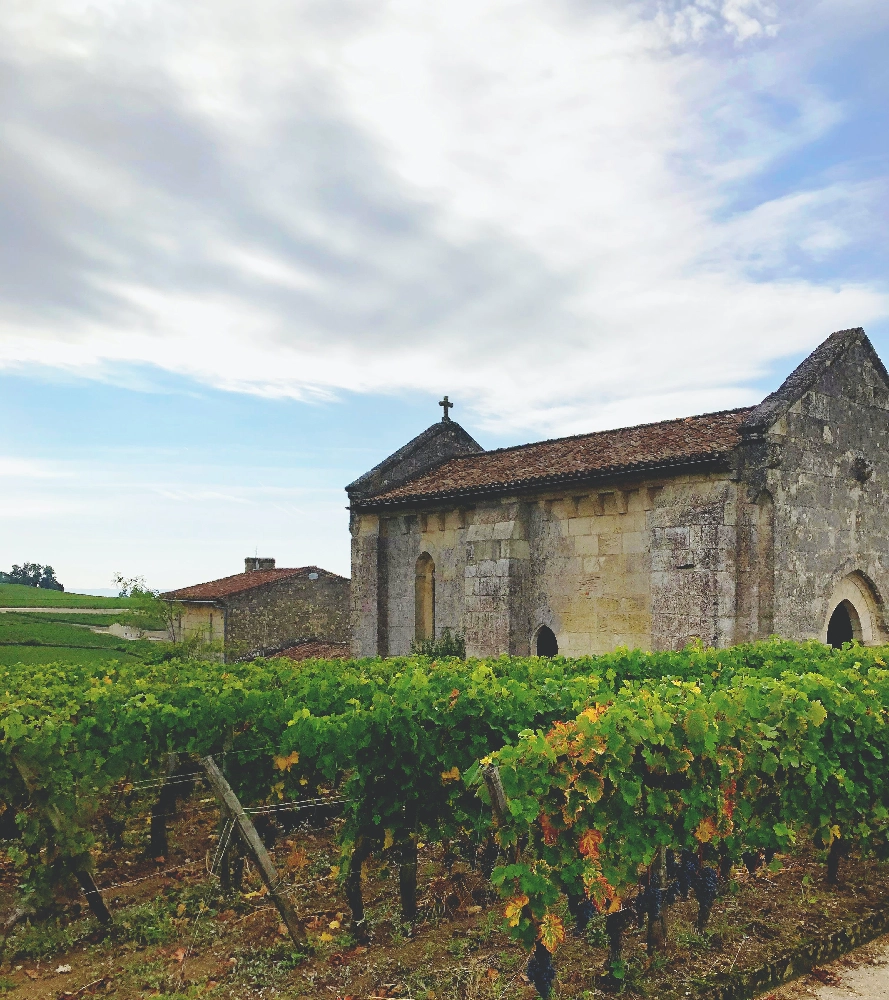
Chalk Hill Wineries & Wines Stats
Wineries
20
Wines
168
Unraveling the Enchanting Wine Traditions of Chalk Hill: A Cultural Anthropological Exploration
Introduction: Chalk Hill, nestled in the heart of Sonoma County, California, presents a captivating tapestry of artisanal winemaking traditions, steeped in rich history and cultural significance. This region, devoid of the grandiosity often associated with famous wine areas, invites us to delve deeper into its intricacies, revealing a unique blend of terroir, heritage, and human connection.
Geographical Context: Chalk Hill's vineyards lie on the eastern edge of Sonoma County, benefitting from the region's distinctive Mediterranean climate, characterized by warm days, cool nights, and ample sunshine. The Chalk Hill AVA (American Viticultural Area) is named for its geological feature: a thick layer of chalky limestone deposits, which imparts unique mineral characteristics to the wines produced there.
Wine Style & Heritage: The artisanal winemaking traditions in Chalk Hill date back to the late 19th century, with German and Italian immigrants settling in the region and bringing their viniculture expertise. Today, small-scale, family-owned vineyards and wineries carry on these time-honored practices. Chalk Hill's wines exhibit a distinct style, characterized by elegance, balance, and aging potential. The region is renowned for its Chardonnay and Pinot Noir productions, but also boasts notable plantings of Zinfandel, Cabernet Sauvignon, and Syrah grapes.
Grapes & Terroir: Chalk Hill's wines are defined by their unique terroir: the mineral-rich chalky limestone soil, combined with the cool climate, creates a perfect balance between acidity and fruitiness in the grapes. The region's cooler temperatures allow for a longer growing season, allowing the grapes to fully develop complex flavors while retaining their natural acidity.
Pairs with Foods: Chalk Hill wines offer a diverse range of pairing possibilities due to their elegant profile and versatile flavor profiles. Chardonnays from this region showcase minerality, citrus notes, and subtle oak influence, making them excellent companions for seafood dishes, particularly oysters and other shellfish. Pinot Noirs boast red fruit flavors, spice notes, and velvety texture, complementing a wide array of cuisines, from poultry and pork to vegetarian options such as mushroom risotto or roasted beet salad.
Conclusion: Chalk Hill's artisanal winemaking traditions represent an essential component of the region's rich cultural heritage. By embracing the unique terroir, preserving the legacy of its founding families, and fostering a sense of community among vineyard owners and wine enthusiasts, Chalk Hill continues to captivate those who seek out authentic, unforgettable winemaking experiences.
*Note: This review is intended to provide an anthropological perspective on the Chalk Hill region and its artisanal winemaking traditions. It celebrates the history, people, and unique qualities that define this remarkable winegrowing area.
